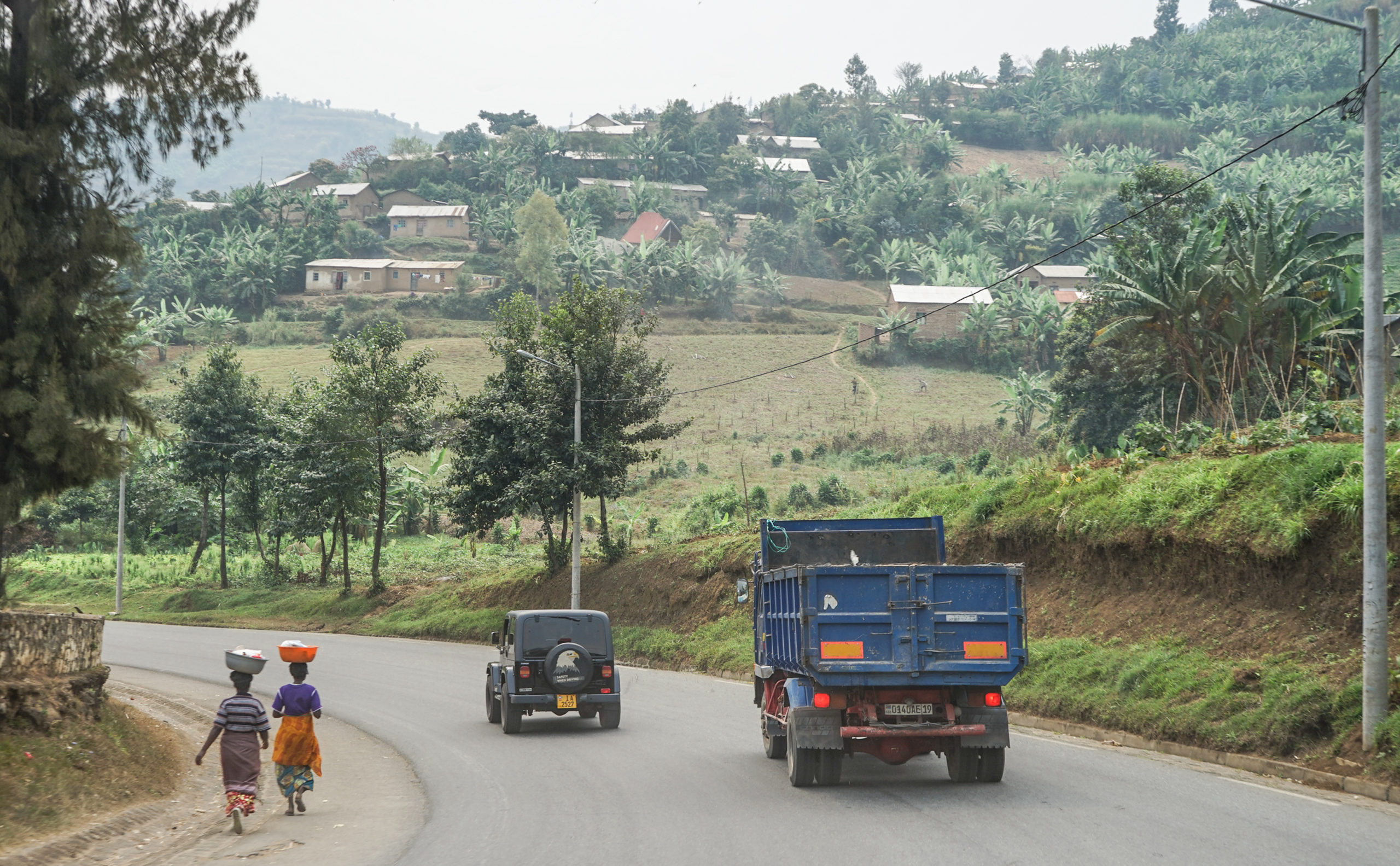
(Nina R/Flickr)
by Rachel Ansley
The internet shutdown during Uganda’s recent general election constitutes a significant setback to anti-corruption efforts in the country, and could hinder efficiency of COVID-19 response programs, according to two local civil society leaders.
Conducting the election under a veil of secrecy and the threat of violence “erodes all previous gains” in the fight for government transparency, said Marlon Agaba, head of programs at the Anti-Corruption Coalition Uganda (ACCU). By shutting down the internet, the government has cut off access to information about not only the election, but COVID-19 response measures as well. In a country already plagued by corrupt dealings at the highest levels of government, the inability to access public health and procurement information could jeopardize public health measures, even as the pandemic continues to spread.
On January 16, 2020, Ugandan President Yoweri Museveni announced his victory in the country’s presidential elections, securing for himself a sixth term of office. However, opposition candidate Robert Kyagulanyi, also known as Bobi Wine, claimed the election was rigged. In the days leading up to the election, internet access across Uganda was cut off and government troops perpetrated an assortment of human rights abuses—including arrests of opposition forces and disruption of political rallies. “This election will be inked in history as the most violent,” said Agaba.
Ultimately, the votes were tallied amid the internet blackout. Once Museveni was declared the winner, Wine—a former singer—was kept under de facto house arrest. He was released on January 26.
According to Agaba and Cissy Kagaba, executive director of ACCU, this election marks a continuation of government malpractice. The tactics employed to hinder opposition efforts “herald uncertainty for anti-corruption efforts in the country,” they said.
In the aftermath of the election, international actors such as the European Union and United States have called for an independent probe into the proceedings. Agaba and Kagaba expressed their support for such a measure, and noted that civil society organizations (CSOs) could provide significant support for any investigations.
To learn more about the recent election in Uganda and its significance for anti-corruption efforts throughout the country, Partnership for Transparency (PTF)’s Rachel Ansley spoke with Agaba and Kagaba. ACCU and PTF have sustained a long partnership, working together to promote government transparency and citizen engagement in Uganda. Here are excerpts from their conversation:
Q: What is the significance of the outcome of this election?
CK and MA: The only significance of this election is that it guarantees continuity of the same National Resistance Movement regime that has been in power since 1986. In terms of electoral democracy and observance of human rights, there is no progress. This election will be inked in history as the most violent, where the ruling party used its security machinery to repress the opposition.
Q: How will the election results impact ongoing anti-corruption efforts in Uganda?
CK and MA: Civic space for anti-corruption work has been shrinking. During these elections, bank accounts of anti-corruption CSOs were frozen by the government. We also witnessed anti-corruption and human rights crusaders being arrested. Shutting down the internet and social media sites and gagging the mainstream media herald uncertainty for anti-corruption efforts in the country. The implication is that there will be more of the same, or perhaps even worse.
Q: What were the effects of the internet blackout leading up to and during the election?
CK and MA: The effects were colossal, and the true magnitude will only be known in the months to come. There are tales of patients dying because hospital systems could not work, internet-based businesses being shut down, and videos showing alleged vote rigging just emerging now. Telecom companies are the leading tax payers in the country, and data and internet companies also contribute significantly. The shutdown will also affect the revenue collections that were already dwindling before the election. Nearly all sections of society, including government agencies, media, private businesses, hospitals, education institutions, and many more were negatively affected by the shutdown. This also does not help the already tainted image of Uganda internationally.
Q: Do you see the current situation as a setback on the road to government transparency?
CK and MA: Corruption, vote rigging, and government malfeasance all thrive in secrecy. Shutting down the internet during elections, and the continued blockade on social media sites are major impediments to government transparency. Even media organizations are in a state of self-censorship for fear of their licenses being revoked. Access to information on public resources used during the elections and on the COVID-19 pandemic has been limited, and official requests has gone unanswered. The erodes all previous gains.
Q: International actors have called for an investigation into this election. Is there a role for civil society in this initiative?
CK and MA: Civil society plays an indispensable role before, during, and after elections. In this election, however, this role was curtailed through freezing of bank accounts, arrests, intimidation, logistical challenges, and censored means of communication. Civil society can still play an important role in an internationally recognized investigation on the election since they are boots on the ground and have considerable reach among the electorate.
Q: What would an ideal resolution to this situation look like?
CK and MA: It would include a national dialogue facilitated by international mediators. Even an investigation or election audit will result in a group of winners and a group of losers, since both the ruling party and opposition received considerable support. Therefore, a national dialogue, healing, and a reconciliation process is what the country needs right now. A government of national unity is also another option.
The view expressed in this article are solely those of the interview participants and do not necessarily reflect the official policies of PTF.

